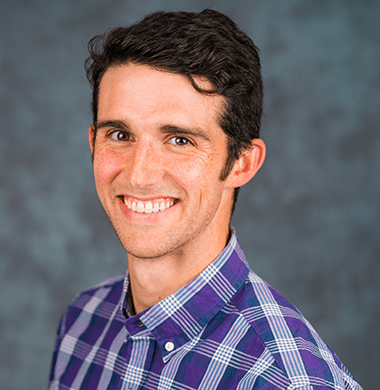December 11, 2017
Michael Moses, Director of Programs and Learning – Global Integrity and Sue Soal, independent consultant
What does it mean, in practice, for reformers working in provinces, municipalities, and states to take a politically engaged, learning centered, adaptive approach to supporting governance reform in their contexts, including through the Open Government Partnership (OGP)? How might OGP and its partners support more effective governance at subnational levels? And can adaptive ways of working fit into and complement existing OGP processes?
Learning to Make All Voices Count (L-MAVC) – a program funded by Making All Voices Count and implemented in collaboration with Global Integrity – explored these questions, and supported six MAVC grantees working in five countries in co-creating and applying a participatory, learning-centered, adaptive approach to strengthening subnational citizen engagement with OGP.
The evidence from the program suggests that supporting citizen engagement with, and use of, OGP is not straightforward.
Rather than sticking with a static plan (no blueprints here!), grantees working on L-MAVC iteratively adjusted, tailored, and re-tailored their localization strategies to fit the complex, dynamic, and political contexts in which they were working. These variations in contextual conditions mean that no single grantee strategy can or should be replicated as an ideal model. However, there are several lessons from grantee experiences, consideration of which may help local actors and multistakeholder institutions working in their own contexts use OGP to address local problems.
In particular, efforts to broaden and deepen citizen engagement with OGP (nationally and subnationally) may be more effective when combined with support that helps local OGP champions iteratively learn, adapt, and discover localization models that best fit their context.
For more, check out our new policy brief, “Learning how to go local”, available for the first time here.







